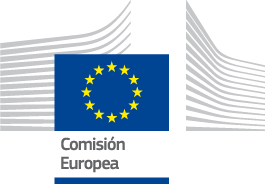

Good Practice Short Story

“Over the past several years I have witnessed an increasing amount of plastic litter in the sea. Before the ReSeaclons project, as fishers, we had nowhere to put our plastic waste. We also had no idea what would happen to it. Now we know that it is being recycled and put to good use which is great for everyone involved and the environment.”
Over 50 fishermen from Le Grau-du-Roi fishing port in southern France participate in the pilot project called, “ReSeaclons”, which offers a collaborative approach to developing a circular economy around the collection and recycling of marine litter. The scheme brings together local stakeholders, creating mutually beneficial partnerships to turn plastic waste caught at sea into new products.
In the first nine months of the scheme, approximately 800kg of plastic debris was collected, stored and recycled. The process starts with fishermen depositing the marine litter they have collected at sea in two shipping containers on the Le Grau-du-Roi quayside. The containers are emptied and sorted every three weeks by the intermunicipal body, Terre de Camargue (CCTC). All mixed plastics are then transported and recycled into new polymer-based items by the plastics company Trivéo. The Marine Institute of the Seaquarium, oversees the coordination between these various stakeholders.
The manifest interest of stakeholders from the aquaculture sector and from other regions could help the project to spread to other sectors and areas. The simplicity of the project makes it easily transferable and adaptable. The next step would be to create an extensive network of marine litter recycling schemes in the southern part of France.
Watch this video on the project: https://www.youtube.com/watch?v=DG-Kck5jITU&t=70s
| Budget | €78 150 |
|---|---|
| EU contribution |
€16 670
|
| Other public contribution |
€23 530
|
| Private contribution | €37 950 |
| Timeframe of implementation | From Apr 2018 to Dec 2018 |
|---|---|
| Sea Basins |
|
| Type of area |
|
| Theme | |
| Website | http://www.seaquarium.fr/institutmarin |